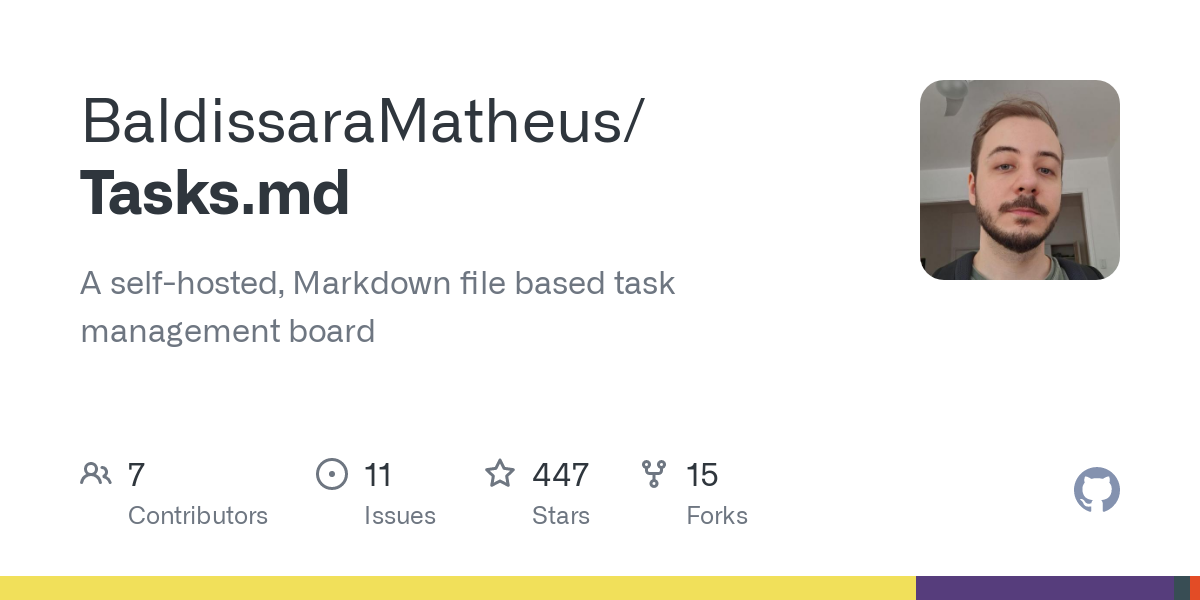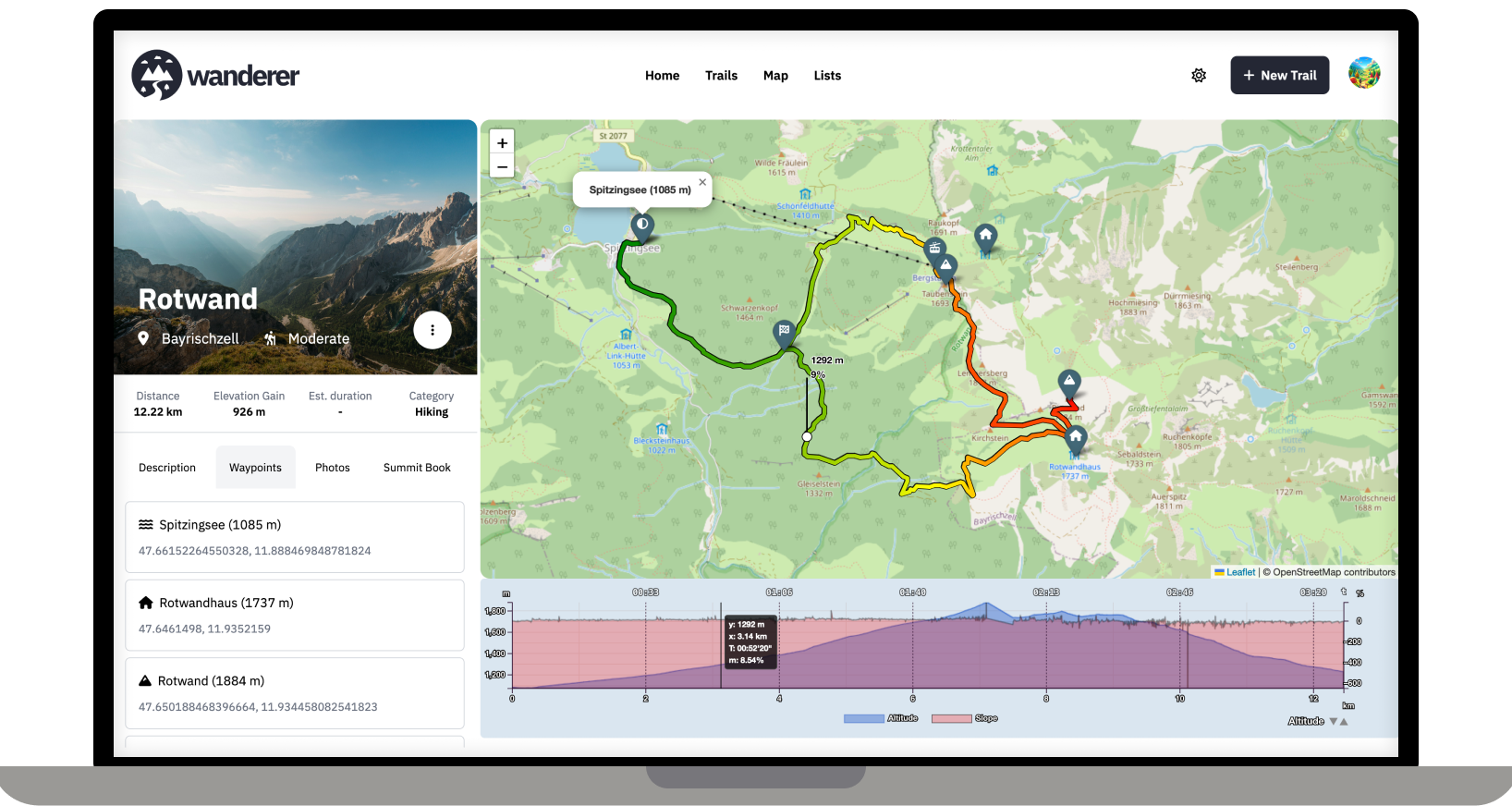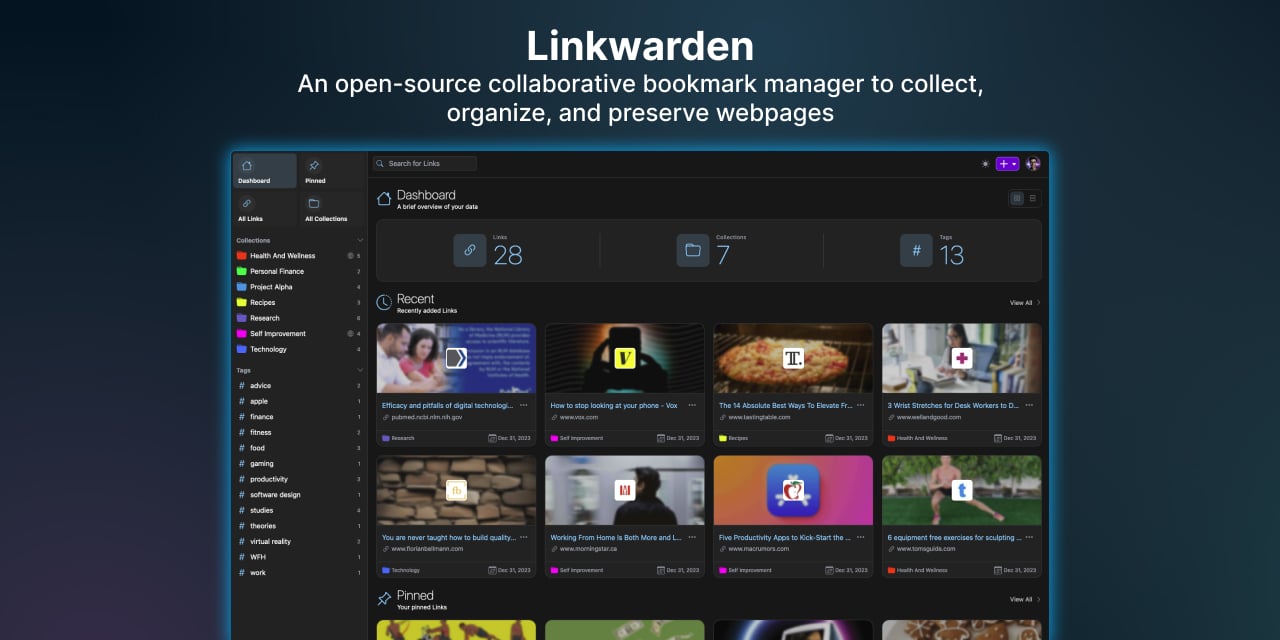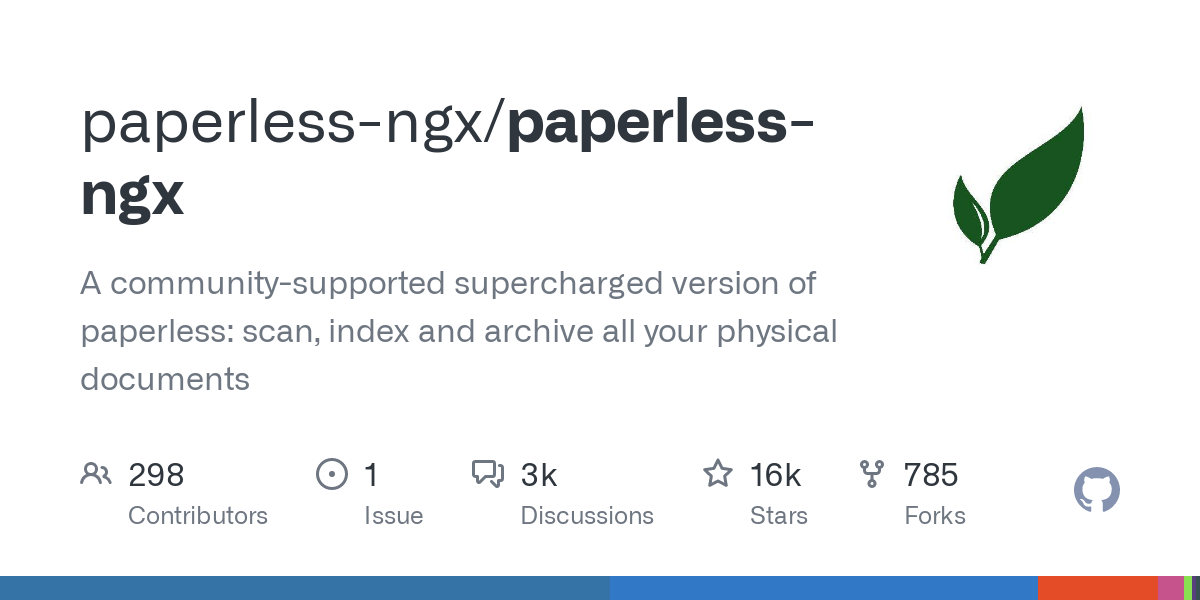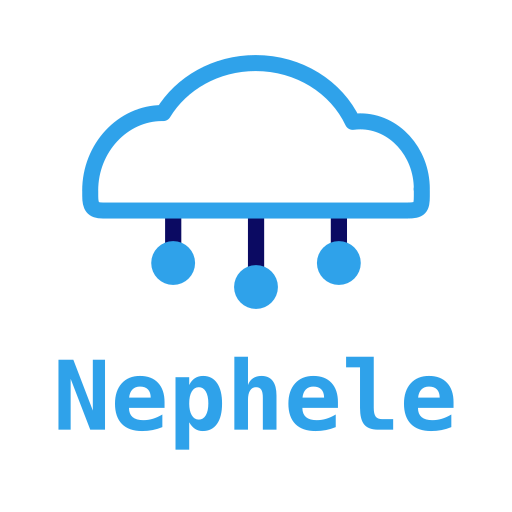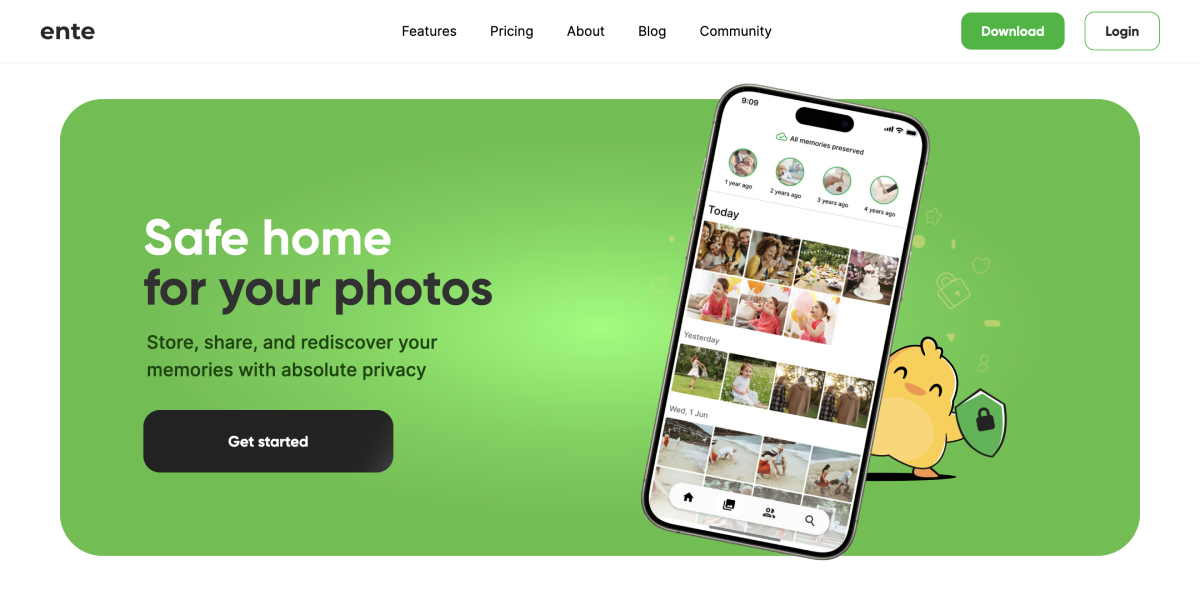- @baldissara@lemmy.world English
- •
- github.com
- •
- 14h
- •
- @ludicolo@lemmy.ml English
- •
- 2d
- •
- @Dust0741@lemmy.world English
- •
- 2d
- •
- @xantoxis@lemmy.world English
- •
- 2d
- •
 English
English- •
- 5d
- •
- @kalpol@lemmy.world English
- •
- kb.vmware.com
- •
- 5M
- •
- @dlundh@lemmy.world English
- •
- lemmy.world
- •
- 5M
- •
- @get_flomped@lemmy.world English
- •
- lemmy.world
- •
- 4M
- •
 English
English- •
- 11d
- •
- @jokob@lemmy.world English
- •
- lemmy.world
- •
- 3M
- •
 English
English- •
- 6M
- •
 English
English- •
- photofield.dev
- •
- 5M
- •
- @MigratingtoLemmy@lemmy.world English
- •
- 6M
- •
 English
English- •
- lemmy.world
- •
- 3M
- •
- @thirdBreakfast@lemmy.world English
- •
- www.theguardian.com
- •
- 2M
- •
- @nopersonalspace@lemmy.world English
- •
- 4M
- •
 English
English- •
- 4M
- •
- TheMurphy English
- •
- 5M
- •
 English
English- •
- 5M
- •
 English
English- •
- 4M
- •
- @daniel31x13@lemmy.world English
- •
- github.com
- •
- 5M
- •
- @jkrtn@lemmy.ml English
- •
- 5M
- •

- •
- forgejo.org
- •
- 4M
- •
 English
English- •
- 5M
- •
- @nodsocket@lemmy.world English
- •
- 5M
- •
 English
English- •
- 5M
- •
- @hperrin@lemmy.world English
- •
- lemmy.world
- •
- 5M
- •

- •
- 5M
- •
- @ioslife@lemmy.ml English
- •
- ente.io
- •
- 5M
- •
- @jkrtn@lemmy.ml English
- •
- 5M
- •
Selfhosted
!selfhosted@lemmy.worldA place to share alternatives to popular online services that can be self-hosted without giving up privacy or locking you into a service you don’t control.
Rules:
-
Be civil: we’re here to support and learn from one another. Insults won’t be tolerated. Flame wars are frowned upon.
-
No spam posting.
-
Posts have to be centered around self-hosting. There are other communities for discussing hardware or home computing. If it’s not obvious why your post topic revolves around selfhosting, please include details to make it clear.
-
Don’t duplicate the full text of your blog or github here. Just post the link for folks to click.
-
Submission headline should match the article title (don’t cherry-pick information from the title to fit your agenda).
-
No trolling.
Resources:
- awesome-selfhosted software
- awesome-sysadmin resources
- Self-Hosted Podcast from Jupiter Broadcasting
Any issues on the community? Report it using the report flag.
Questions? DM the mods!
- 0 users online
- 25 users / day
- 81 users / week
- 201 users / month
- 997 users / 6 months
- 1 subscriber
- 1.34K Posts
- 7.6K Comments
- Modlog
Lemmy.World

A generic Lemmy server for everyone to use.
The World’s Internet Frontpage Lemmy.World is a general-purpose Lemmy instance of various topics, for the entire world to use.
Be polite and follow the rules ⚖ https://legal.lemmy.world/tos
Get started
See the Getting Started Guide
Donations 💗
If you would like to make a donation to support the cost of running this platform, please do so at the following donation URLs.
If you can, please use / switch to Ko-Fi, it has the lowest fees for us
Join the team 😎
Check out our team page to join
Questions / Issues
-
Reporting is to be done via the reporting button under a post/comment.
-
You can also DM https://lemmy.world/u/lwreport or email report@lemmy.world (PGP Supported)
-
Please note, you will NOT be able to comment or post while on a VPN or Tor connection
More Lemmy.World
Follow us for server news 🐘
Chat 🗨
Alternative UIs
- https://a.lemmy.world - Alexandrite UI
- https://photon.lemmy.world - Photon UI
- https://m.lemmy.world - Voyager mobile UI
- https://old.lemmy.world - A familiar UI
- Miscellaneous: https://status.lemmy.world/ - Lemmy World Status
Monitoring / Stats 🌐
Service Status 🔥
https://status.lemmy.world
Lemmy.World is part of the FediHosting Foundation


